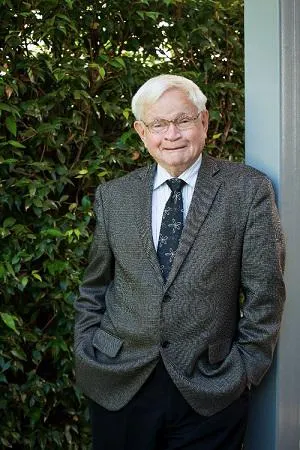Please note: this event has passed
In the context of the discovery of fossil remains near Beijing almost 90 years ago of the hominid Homo erectus pekinensis, an ongoing research program is relevant:
- The convergent role of the human intelligence in scholars such as Andersson, Davidson, Teilhard, Pei, Wang and others in initiating the research program in the second and third decades of the 20th century in in Tianjin and Beijing. This set the scene for the discovery of Peking Man at Zhoukoudian on 3-5 December, 1929
- What might be gained by finding the two boxes containing specimens of Peking Man possibly lost at Qinhuangdao north of Tianjin at the onset of the war in the Pacific on December 7, 1941?
- The rightful place of Peking Man in the unresolved saga of human evolution, including recent evidence based on human genomics. Did all specifically human genes really originate in Africa?
- The role of anthropological elements of political economy and of new technology in the saga
- The role of quantum action theory in evolutionary processes of intelligence. How critical are human choices in the successes and failures of human evolution?Teilhard’s perceptive prediction of a convergent multidisciplinary noosphere dominating the Earth’s biosphere is now being realised through the Internet. Should we ask what role do intelligent and moral choices have in ensuring humanity’s long-term future and how can that even be realised?
Speaker: Ivan Kennedy
With decades of research on microbiology, plant biochemistry and molecular biology since graduating from the University of WA, Ivan Kennedy has claimed three main interests -- biological nitrogen fixation, risk management of pesticides and action in ecosystems. His publications (see Google Scholar) with more than 50 postgraduate students and colleagues have been aimed at finding global solutions to environmental problems (see Acid Soil and Acid Rain, RSP/Wiley, 1986, 1992; Action in Ecosystems, RSP/Wiley, 2001 -- calls for a unifying action revision; Rational Environmental Management of Agrochemicals, Oxford University Press, 2007).
With appointments at Purdue University as Fulbright Fellow, a personal chair at the University of Sydney since 1995, sabbaticals in Nice, Leiden, Oxford and Knoxville, visiting professor at the Institut Pasteur, Paris and Tianjin University of Science and Technology, China, he has also led field research for safer food and fibre production in Australia and Asia (Vietnam, Indonesia, China, Sri Lanka and Timor Leste). Since retiring from formal teaching in 2012, he has refocused his skills on the role of increased irrigation water applied on dry land for world food production as a possible agent of global warming and, arising from his regular visits to Tianjin, a developing interest in Peking Man and human evolution, in the context of the recently re-opened Licent Museum in Tianjin and also at the Zhoukoudian excavations near Beijing.

Event details
k2.40King's Building
Strand Campus, Strand, London, WC2R 2LS
